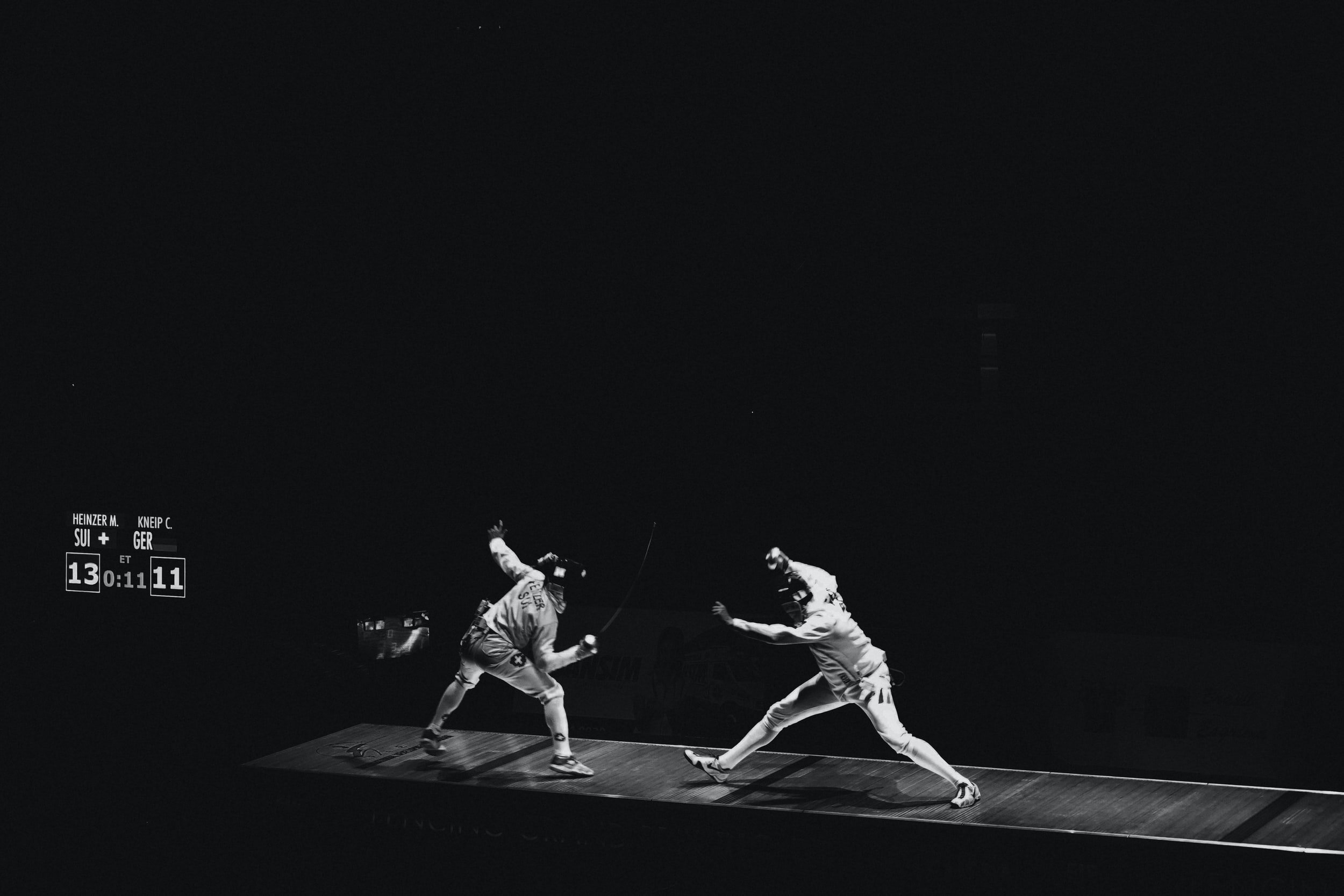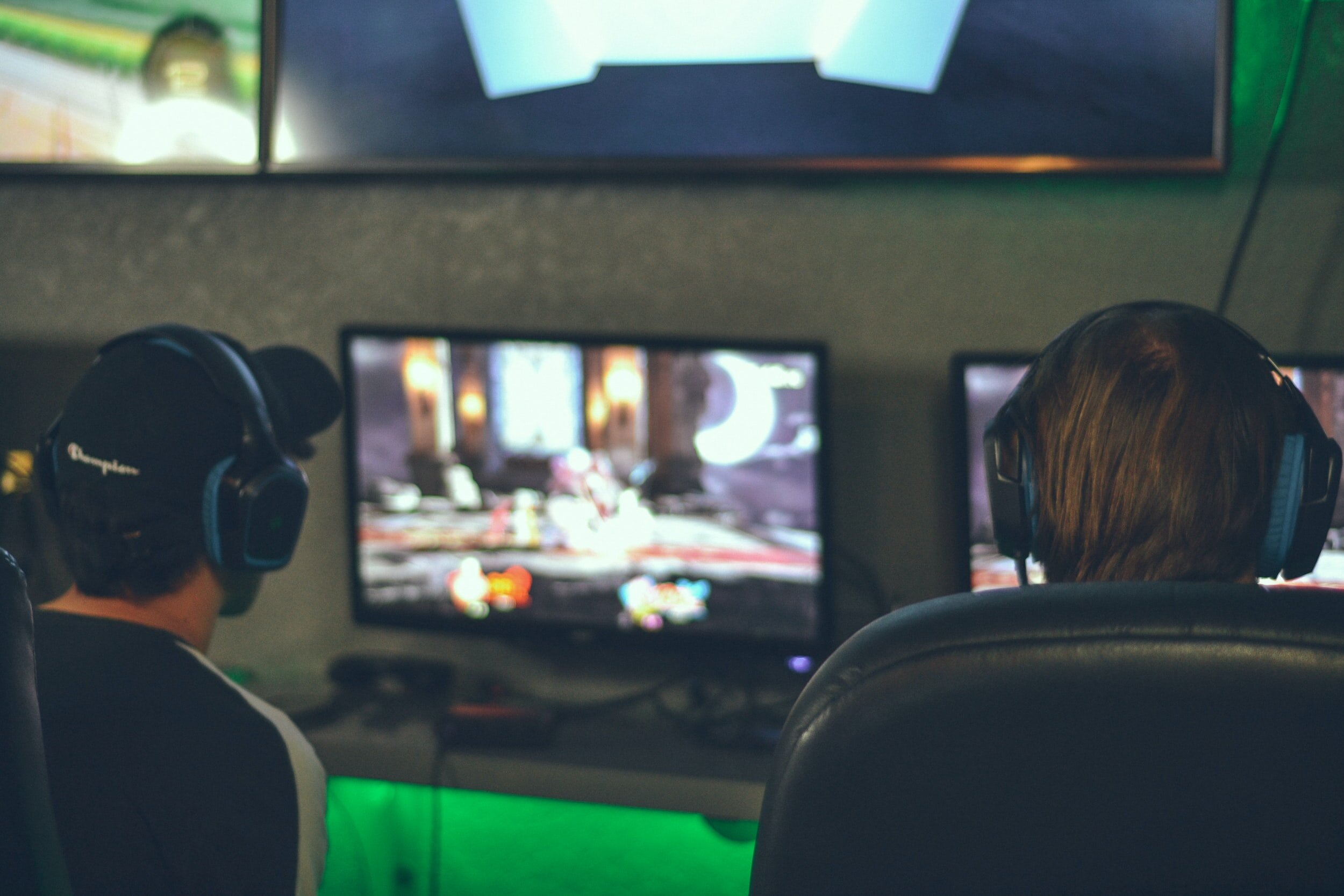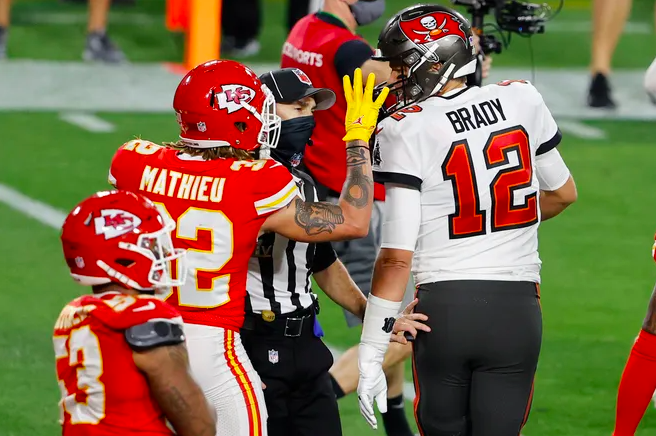Blogs
Use the search bar to find specific blogs targeted towards what you are looking for! Some words you could search for include motivation, stress, pressure, focus, meditation, performance, mindset, confidence, and team.

Important Mental Skills Fencing Can Teach You
Fencing is a sport that requires speed, agility, strength, and toughness. However, what many people don't know is that there are other psychological aspects that follow. Some of the attributes that fencers learn from their sport can be transferred to real life and this article will present some of them:

How Video Games Can Supercharge Your Game
Have you ever poured hours into a video game and been told it was a waste of time? Nowadays, video games are played by almost anyone and everyone. They’re commonly seen as mindless and inactive hobbies, yet no one ever talks about the upsides. Recent studies have found promising information about the benefits of video games, and the skills they develop overlap with those important to athletes. Here’s what video games can do for your mind:

Quick, Easy Ways of Coping With Trash Talkers
Every athlete has encountered trash-talking in sports competitions. It forces you to lose focus and get frustrated with yourself and your game. But how does this emotional control work and how do you cope with it?

A Career in Sports Psychology: An Overview
Looking for a future career? Here is a career overview for a sports psychologist and how to take the steps to achieve your dream of becoming one.

5 Mental Steps for a Healthier Recovery from Sport Injuries
Injuries can happen to any athlete and they can make you feel hopeless and downhearted. It often takes time to heal and be back at your full potential which can cause frustration. Here are five ways to have a strong and healthy psychological comeback when confronted with an injury on any scale of severity.

The Mental and Societal Pressures of Female Athletes
Why is the discrepancy between the dropout rate of males and female athletes so great? As the mind of a young female athlete develops, sociocultural factors such as eating disorders, lack of funding, and opportunity costs become the focus of the sport itself.
